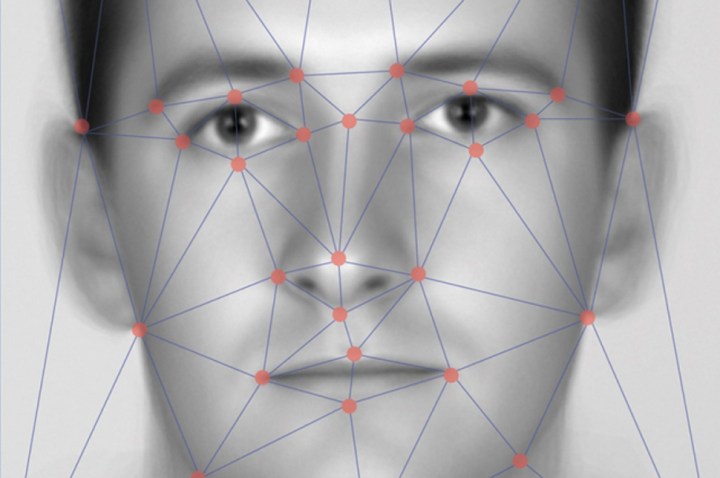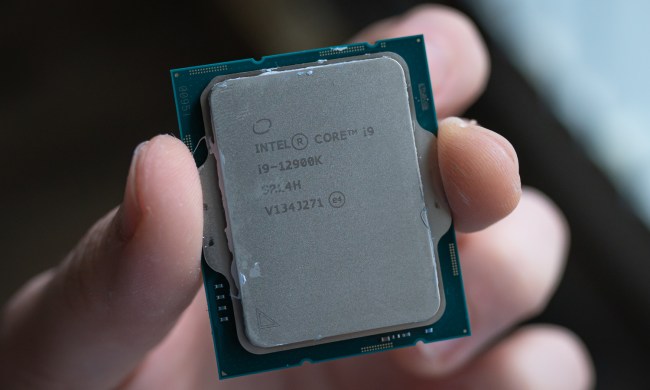
The maker of smart GIF search engine Gfycat recently took on a similar problem — but unlike Google, it did it in a way that didn’t just remove the image identification feature to pretend there was no problem. By training its image recognition on non-white faces, it has been able to develop facial-recognition software that is far better than its rivals at recognizing non-white individuals, specifically those of East Asian descent.
“We wanted to make sure we had content that appealed to East Asian consumers since they make up a big segment of our creators and users,” Richard Rabbat, CEO of Gfycat, told Digital Trends. “We were seeing a ton of K-pop content on our site, for instance. However, when we looked at our facial-recognition results for Asian celebrities, the open-source facial recognition A.I. we use mislabelled Asian celebrities far more often than it did white celebrities. This problem is incredibly common within facial-recognition A.I., and it usually means that the training data didn’t contain enough faces of people of color.”
After discovering that its existing facial-recognition project was unable to even to recognize iconic Asian actor Jackie Chan, Rabbat realized something needed to be done. “After we identified its limitations with the detection of Asian celebrities, we modified it heavily and retrained it to be much more accurate at recognizing Asian faces with a much higher threshold of certainty,” he said.
Having focused heavily on training the algorithm with images of people from East Asia, the system — which has 15,000 GIFs uploaded each day — is now able to differentiate between actresses Lucy Liu and Constance Wu. It was not previously able to do this.
As Rabbat points out, correctly identifying celebrities in GIFs isn’t a serious problem, but this issue is indicative of a much larger problem. “A.I. facial recognition is becoming increasingly important in day-to-day life,” he said. “It’s important that companies think about the impact that their technology has on society. Tech companies can invest more in making sure their technology is inclusive and addresses diversity on day one. We don’t think we can rely on A.I. initiatives by people of color to correct this problem. A.I. right now is dominated by tech giants, and those giants need to make sure they’re creating responsible products.”


